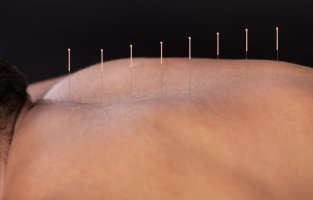Created in Functional Medicine, Treatment Methods
Acupuncture is a type of treatment that stimulates points on the body to relieve pain in other areas. The most common method uses very thin, metal needles to penetrate the skin. Acupuncture is an integral part of traditional Chinese medicine, and is used for treating pain and other health problems.
What Is Acupuncture?
During an acupuncture treatment, very fine needles are inserted into the skin at specific acupuncture points on the body. The needles are so small that you will experience very little to no discomfort when they are placed in the skin.
The locations where the needles are inserted may not be the same area where you are experiencing pain. During most treatment sessions, an acupuncturist will insert between five and 20 needles.
After the needles are in place, your practitioner may apply electrical pulses or heat to the needles. He or she may also twirl or move them to stimulate the acupuncture points. The needles will stay in place for 10 to 20 minutes. During this time, you will have to sit or lie still.
Each acupuncture treatment takes around 30 minutes. You may need one or two treatments per week, with up to about eight treatments.
How Does Acupuncture Work?
According to traditional Chinese medicine, acupuncture balances the flow of energy — known as chi or qi — in your body. When the acupuncture needles are inserted in the skin at the right acupuncture points, the flow of energy is rebalanced.
Western doctors believe that acupuncture may stimulate connective tissue, muscles and nerves. Some believe that this increases the blood flow to parts of the body and boosts the body’s natural ability to provide relief from pain.
Types of Pain Treated by Acupuncture
Acupuncture is used to treat a wide range of conditions. This includes the following types of chronic pain:
- Fibromyalgia pain
- Headaches and migraines
- Labor pain
- Low-back pain
- Menstrual cramps
- Neck pain
- Osteoarthritis pain
- Toothaches
Risks and Side Effects of Acupuncture
Acupuncture is generally safe when performed by a practitioner who is well-trained and experienced. Soreness and minor bruising or bleeding may occur where the needles are inserted.
If done incorrectly, acupuncture can lead to serious side effects, such as collapsed lungs, punctured organs or other injuries. When non-sterile needles are used, it can lead to serious infections. This is why it is important to visit a certified, experience acupuncturist for your treatment.
If you are pregnant or have a bleeding disorder, let your acupuncturist know. These conditions may increase your risk of side effects from acupuncture. Also, acupuncture done by electrically stimulating the needles can interfere with a pacemaker.
If you have chronic pain or short-term pain, ask your chiropractor if acupuncture might help. Before undergoing any treatments, find out more about the training and experience of the acupuncturist that you are considering. Many states also have licensing requirements for people who perform acupuncture.

